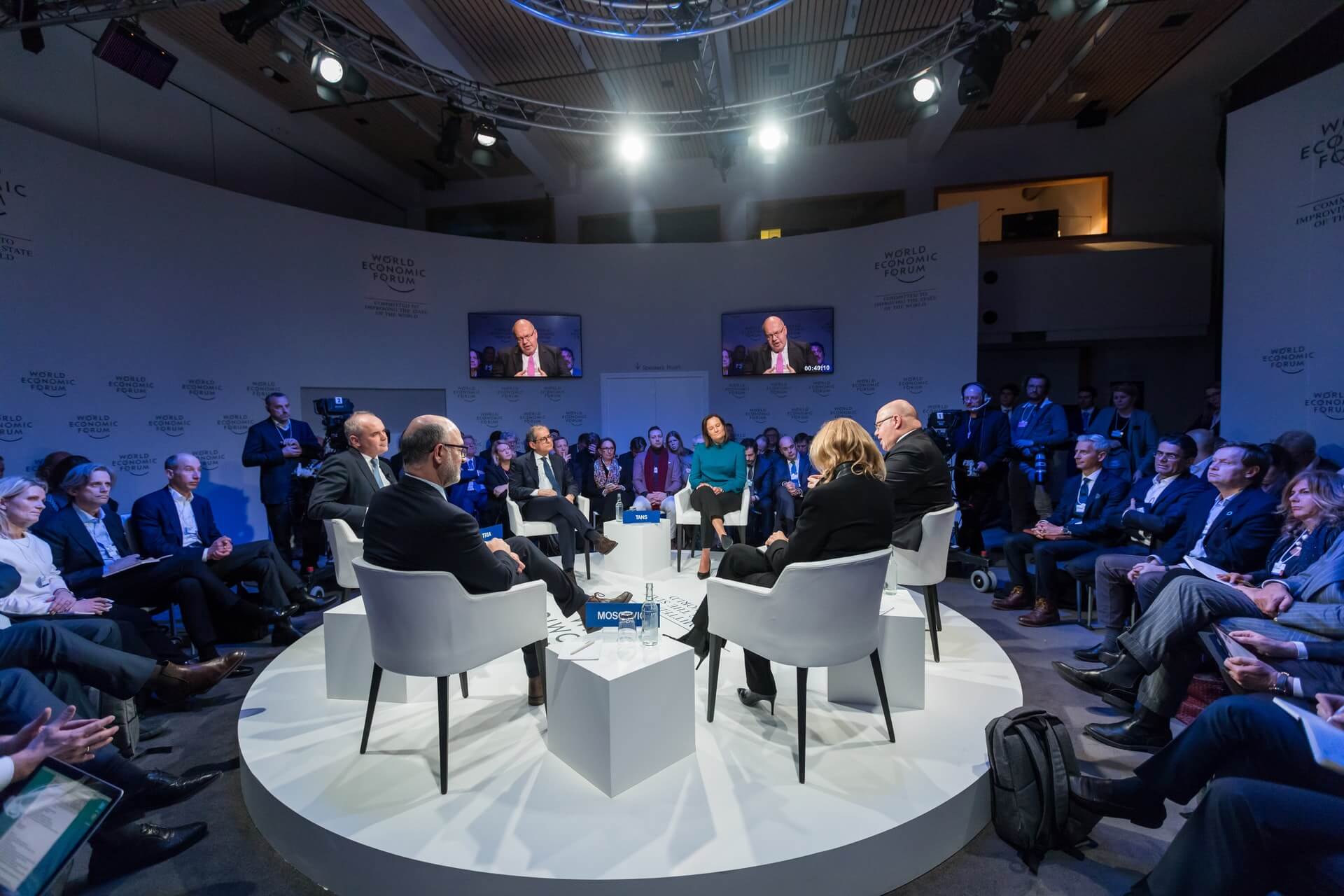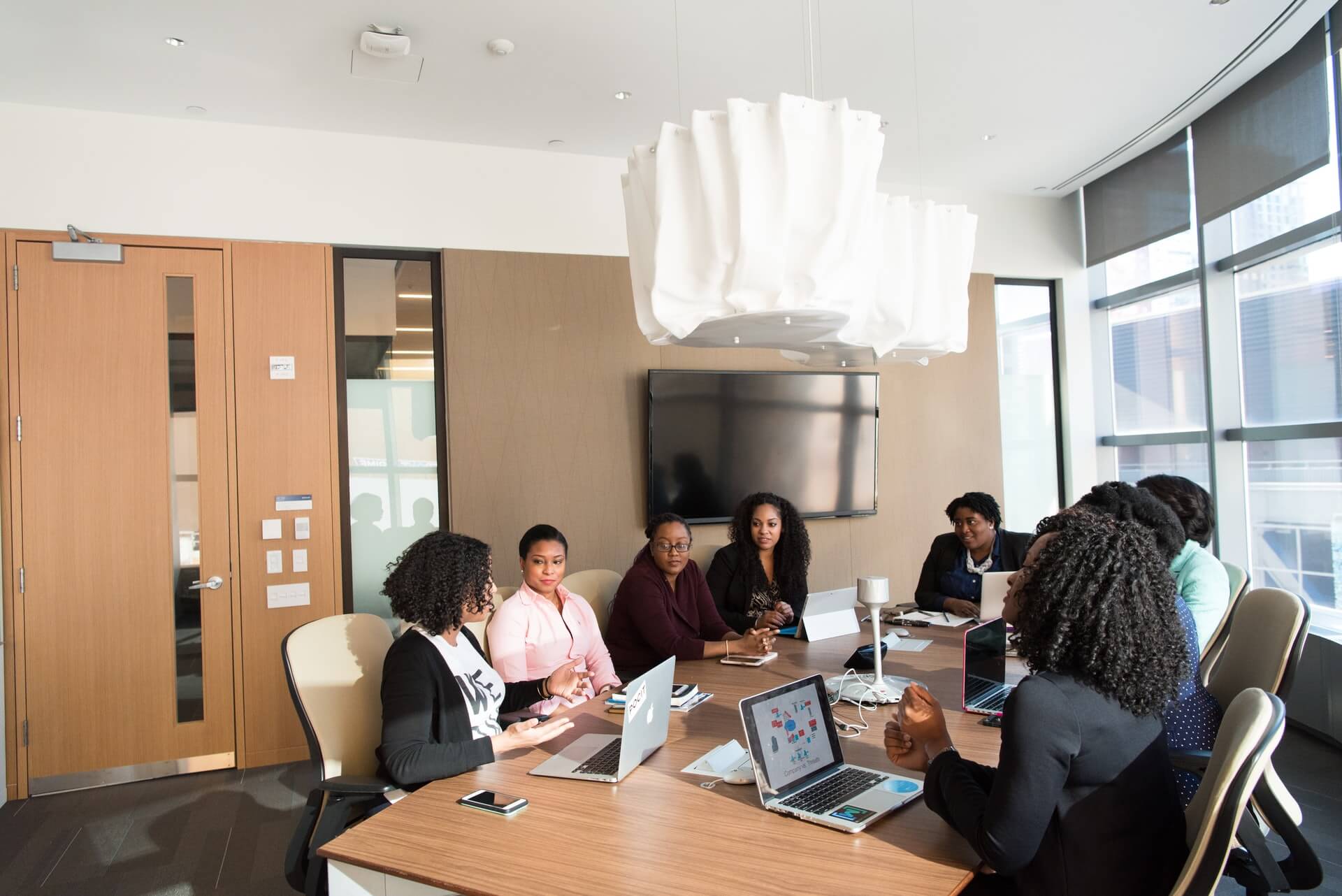(Adapted from an Article on “Founders Syndrome) Written in 2004)
In his blog, “Consulting Skills,” dated April 23, Carter McNamara asked, “What is a Mature Organization.” I’d like to try and answer that question from the perspective of a fundraising consultant.
I have to base my “answer” on a couple of basic concepts — that a NPO can’t function effectively (no less raise money) without:
1) A set of operating parameters (i.e., by-laws) that enables (and doesn’t prevent) an organization from operating in a manner that is most (cost-)effective and best serves the needs of those being served. Including:
• Term-limits for board members – as the “community” changes there is a real need to have board members who understand the cultures and the needs of the various segments of the community
• Procedures to ensure that board members are selected based on both the current and anticipated needs of the NPO
• Job descriptions for board members and board committees
• Provisions for board member evaluation, training, and removal – to include a focus on the fundraising process and their roles in it
• A clear statement that the CEO (an employee — paid or not) takes direction from the board, IS NOT A MEMBER OF THE BOARD, and can be replaced if s/he doesn’t observe the policies set by the board (This issue does not directly impact the fundraising process, but it’s a pet peeve of mine and I wanted it said!)
2) A set of policies that delineates:
• From whom the organization will/will not accept support
• The types of gifts it will/will not accept
• The types (with examples) of recognition it will/will not grant
• How contributed funds will/will not be retained/spent/invested
• How mission, vision and ethics will impact decision making
And, if in addition to the above, a NPO has a balanced/diverse fundraising program – an appropriate mix of funding sources (foundations, corporations, mass solicitation, special events and major gifts) – without reliance on “fundraisers,” then I’d probably consider that NPO to be a mature organization … from a fundraising perspective.
=-=-=-=-=-=-=-=-=-=-=-=-=-=
Have a question about starting or expanding your fundraising program? Email me at [email protected]. With over 30 years of counseling in major gifts, capital campaigns, bequest programs and the planning studies to precede these three, we’ll work to answer your question.










